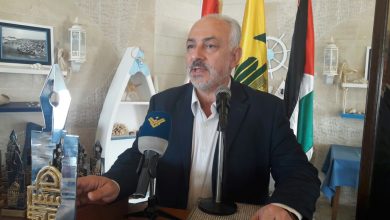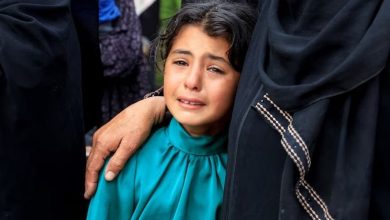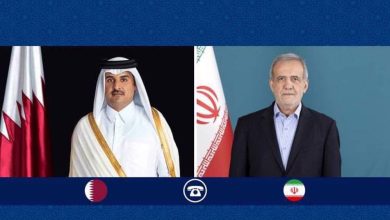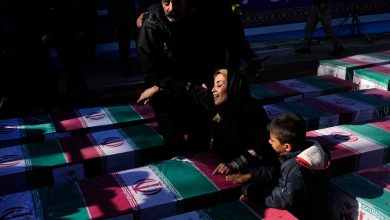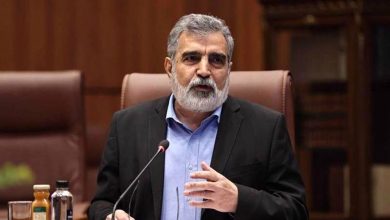Iran Maintains Strategic Advantage in Nuclear Negotiations
Iran maintains a strategic upper hand in the ongoing negotiations by capitalizing on three main elements: confining discussions to its nuclear program, selecting the venues for negotiations, and advocating for indirect dialogue.
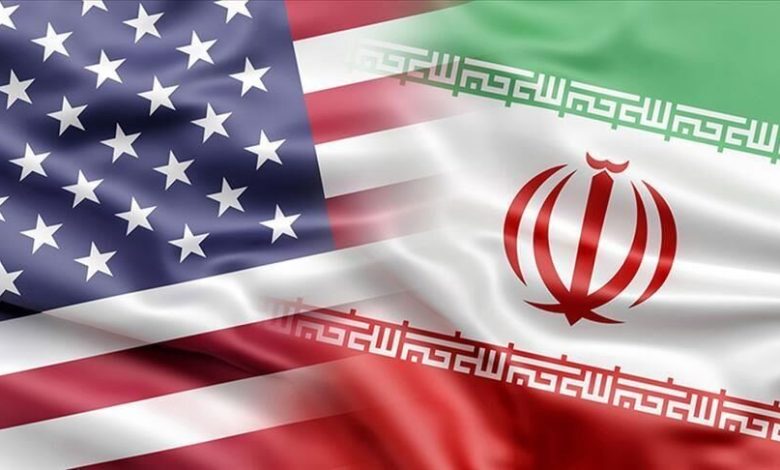
While the United States may project an image of dominance, Iran appears to have the strategic upper hand in the ongoing diplomatic engagements. This advantage is manifested in three key areas: restricting the discussions to focus solely on the nuclear agenda, selecting the venue for these negotiations, and opting for an indirect mode of communication.
In the context of negotiations focusing solely on nuclear matters, while there appears to be a softening in the US stance, this development should not be met with unwarranted optimism or enthusiasm. Historically, there have been instances where the US has reneged on commitments and introduced unrelated topics once discussions are underway or progressing.
The indirect approach to the talks provides Iran with a strategic advantage, enabling it to disengage with minimal repercussions if the discussions veer into unrelated matters, such as its defense capabilities or regional issues.
Trump’s inaccurate assertions regarding the character of the discussions appear to be a strategic maneuver. The objective is to exert psychological and media pressure on Iran to compel direct negotiations, despite the fact that the U.S. has already consented to an indirect format in practice.
Earlier on Saturday morning, Iranian Foreign Ministry Spokesperson Esmaeil Baghaei announced on X that the Iranian negotiating team is resolutely committed to utilizing all available resources to safeguard the nation’s authority and national interests.
On April 8, Iranian Foreign Minister Abbas Araghchi stated that discussions in Oman present a chance to evaluate the United States’ commitment, citing the country’s extensive history of non-commitment and unilateral actions.
In 2018, during his initial term, Trump exited the United States from the prior accord concerning Iran’s nuclear initiative, identified as the Joint Comprehensive Plan of Action (JCPOA), and initiated a stringent pressure campaign targeting the nation.
In January, Trump reinstated the policy upon his return to the White House for a second term, yet he has now indicated an openness to negotiating a new agreement to supplant the JCPOA.
On March 12, Trump dispatched a letter to Ayatollah Seyyed Ali Khamenei, proposing negotiations to establish a new agreement and cautioning against potential military measures should Tehran decline the offer.
Iran has dismissed the possibility of engaging in direct negotiations with the United States in response to pressure and threats, but it has indicated that indirect talks could still be pursued.



